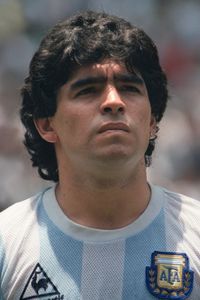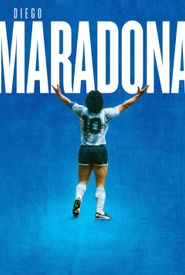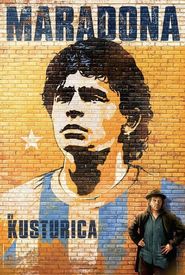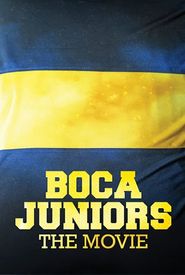Diego Armando Maradona is a renowned Argentine football manager and a retired professional footballer of great acclaim.
As the coach of Argentine Primera División club Gimnasia de La Plata, Maradona has garnered immense respect for his exceptional leadership skills, which have had a profound impact on his team's overall performance, often making him a focal point of attention from opposing teams.
Throughout his illustrious club career, Maradona has played for several prominent clubs, including Argentinos Juniors, Boca Juniors, FC Barcelona, S.S.C. Napoli, Sevilla F.C., and Newell's Old Boys, with his time at Napoli and Barcelona being particularly notable for his numerous achievements.
In his international career with the Argentina National Football Team, Maradona has earned an impressive 91 caps and scored an impressive 34 goals. He has represented his country in four FIFA World Cups, including the 1986 FIFA World Cup Mexico, where he captained Argentina to victory over West Germany and was awarded the Golden Ball as the tournament's best player.
Maradona's 1986 FIFA World Cup Mexico quarterfinal match against England National Football Team is etched in football history for two distinct reasons. The first goal was an unpenalized handling foul, infamously known as the 'Hand of God', while the second goal was a breathtaking 60 m (66 yd) dribble past five England players, voted 'Goal of the Century' by FIFA.com voters in 2002.
In November 2008, Maradona took on the role of coach of the Argentina National Football Team, leading the team at the 2010 FIFA World Cup South Africa before departing at the end of the tournament.































